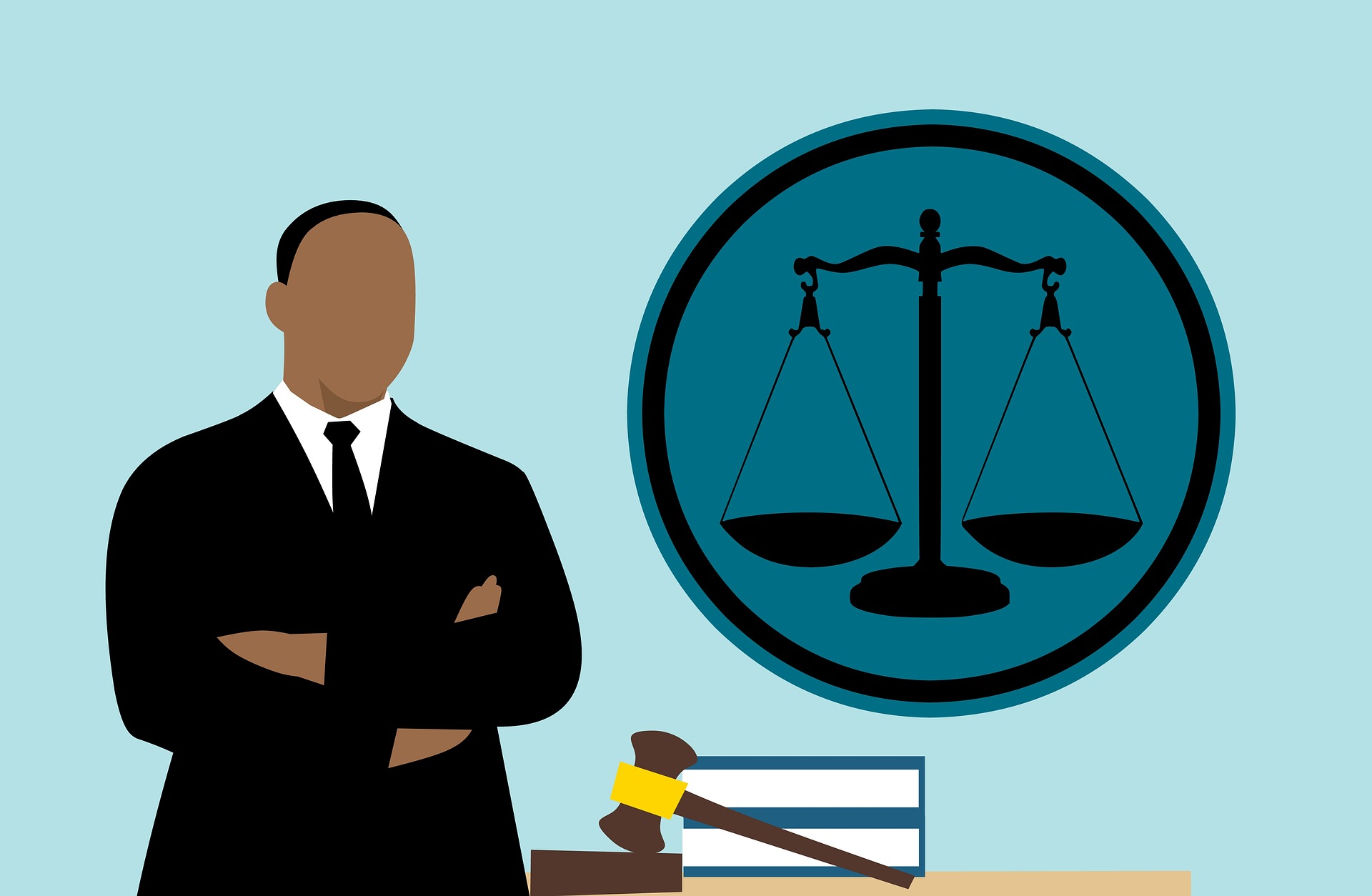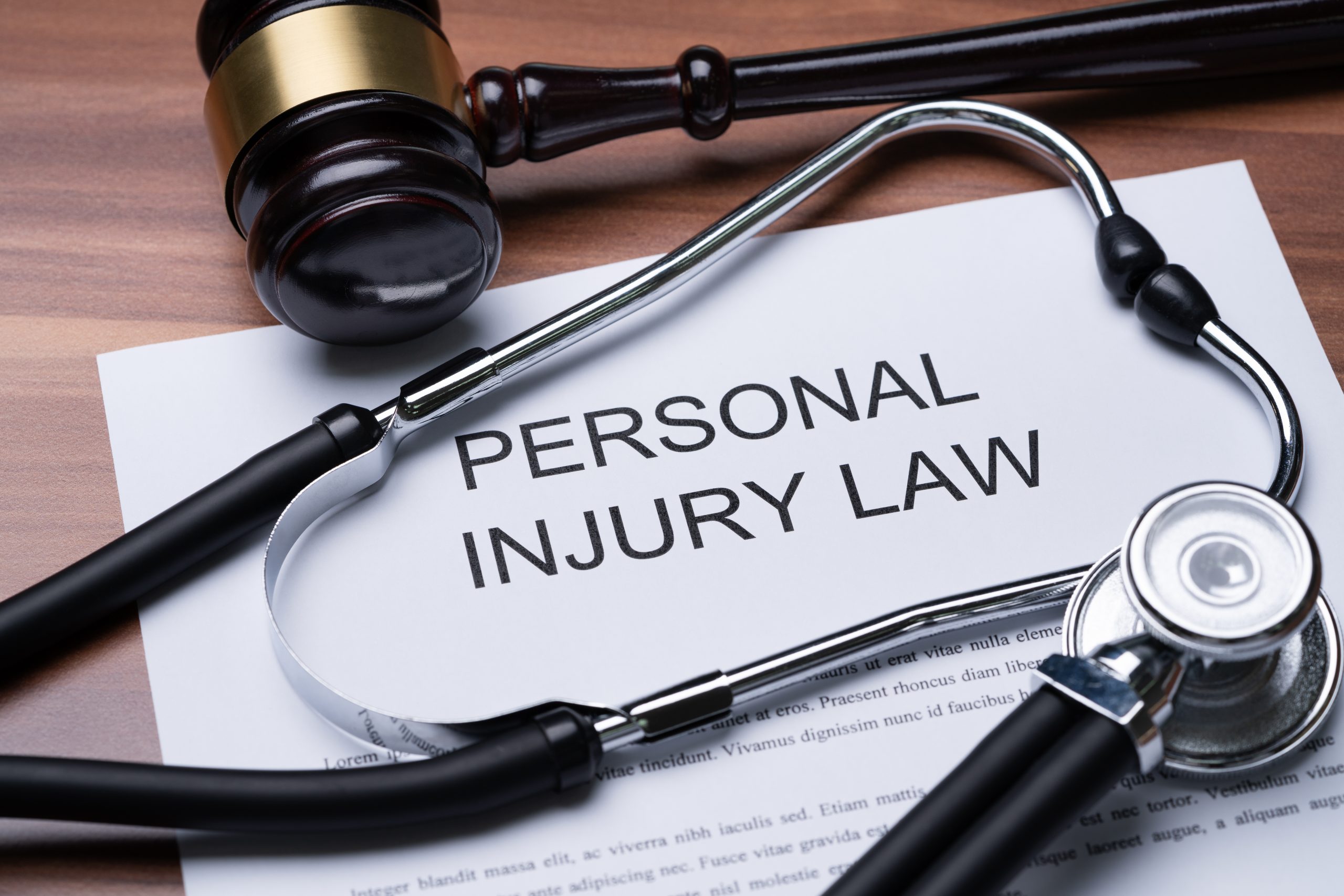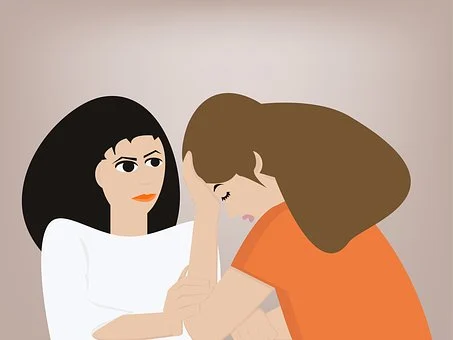
Federal vs. State Crimes: The Key Differences to Be Aware Of
July 1, 2023
5 Key Circumstances to Consider Before Hiring a Personal Injury Lawyer
July 1, 2023Colorado’s criminal justice system, like many across the United States, seeks to balance public safety with the rights and liberties of individuals. Navigating the intricacies of the Colorado criminal justice system requires more than just a layman’s understanding of legal jargon and courtroom protocols.
The expert guidance of a criminal defense lawyer is often indispensable. These legal professionals advocate for the rights of the accused, beginning at the moment of arrest, through the trial process, and often beyond, into post-conviction relief efforts.
Colorado Criminal Law: Key Principles
Colorado’s criminal law is founded on several key principles that uphold the rights of individuals and the justice system’s integrity. These principles guide every stage of the criminal justice process, from the moment of arrest to the final verdict.
- Presumption of Innocence: Perhaps the cornerstone of criminal law, the presumption of innocence implies that every person is considered innocent until proven guilty. This principle ensures that the burden of proof rests on the prosecution and protects individuals from wrongful convictions.
- Rights of the Accused: Individuals facing criminal charges in Colorado, as with all U.S. jurisdictions, are granted several constitutionally protected rights. These include the right to remain silent to avoid self-incrimination, the right to an attorney, the right to a fair and speedy trial, and the right to confront witnesses. These rights aim to ensure justice and fair treatment for all, irrespective of the crime alleged.
- Distinction Between Misdemeanors and Felonies: Colorado criminal law categorizes offenses into misdemeanors and felonies. Misdemeanors are less serious offenses and carry lighter penalties, often involving fines or short jail terms. In contrast, felonies are more serious crimes, such as murder, sexual assault, or robbery, and carry heavier penalties, including long-term imprisonment or even capital punishment in extreme cases.
The Arrest Process in Colorado
Law enforcement officers can arrest individuals based on a variety of circumstances, including when a crime has been committed in their presence or when they have probable cause to believe a person has committed a crime. Colorado law recognizes both warrant and warrantless arrests.
Following an arrest, the accused is informed of their rights, commonly known as Miranda warnings. Post-arrest procedures may include booking and detention until the initial court appearance. For those seeking particulars for specific individuals who have been arrested and detained in Denver, refer to this site for the Denver City Jail Inmate Search, which provides up-to-date inmate information. This website can be a valuable resource for legal representatives or anyone needing to locate an inmate in the Denver area.
Initial Court Appearance and Bail
Shortly after arrest, the accused makes their first court appearance or arraignment. Here, they are informed of the charges and their rights. The defendant’s lawyer begins formulating a defense strategy at this crucial stage.
The judge also considers bail, a financial guarantee ensuring the defendant’s return for future proceedings. The amount set depends on factors such as the crime’s severity, the defendant’s past conduct, and risk of flight.
The defense may argue for a lower bail or the defendant’s release on their own recognizance in certain cases.
The Roles of the District Attorney and Defense Attorney
In Colorado’s criminal justice system, both the District Attorney (DA) and the Defense Attorney serve crucial but distinct roles. The DA, representing the state, is tasked with proving the accused’s guilt beyond a reasonable doubt, deciding on charges, and engaging in plea negotiations.
On the other side, the Defense Attorney represents the accused, ensuring their rights are protected. Their duties encompass developing a defense strategy, scrutinizing the evidence, and negotiating pleas. Their aim is to ensure a fair trial and the best possible outcome for their client.
These contrasting roles, though often contentious, are fundamental to the fair operation of Colorado’s criminal law system, safeguarding everyone’s rights within it.
Pre-Trial Procedures
Before the trial, both sides engage in a discovery process, sharing evidence and information. They may file various motions, including motions to suppress evidence or to change venue. In some cases, the defendant may decide to accept a plea agreement and avoid trial.
Trial Process
If no plea agreement is reached, the case proceeds to trial. A jury is selected and then hears opening statements from both sides. The prosecution and defense present their evidence and witnesses. Following closing arguments, the jury receives instructions and then deliberates. If the jury reaches a unanimous decision, a verdict is returned.
Sentencing and Appeals
If the defendant is found guilty, the judge, following legal guidelines, determines the sentence. The defense attorney plays a vital role during this phase, arguing for leniency based on factors such as the defendant’s background or the circumstances of the crime.
Post-sentencing, the defendant retains the right to appeal both the conviction and the sentence. Should an appeal be pursued, a higher court will review the case for potential legal errors, a process that could lead to a revised sentence or even a new trial.
Post-Conviction Relief and Parole
Following conviction, defendants may seek post-conviction relief, including challenging the conviction or sentence based on new evidence or constitutional violations.
If eligible, the defendant may also apply for parole, a supervised release before the end of the sentence. Colorado also offers re-entry programs to help those released from prison reintegrate into society.
Conclusion
Navigating the Colorado criminal justice system can be a complex process, from understanding the initial arrest procedures to strategizing a defense.
The importance of competent legal representation cannot be overstated, as it is crucial for the protection of rights and the pursuit of justice. As societal perspectives and legal standards evolve, so too will Colorado’s criminal laws and practices.



